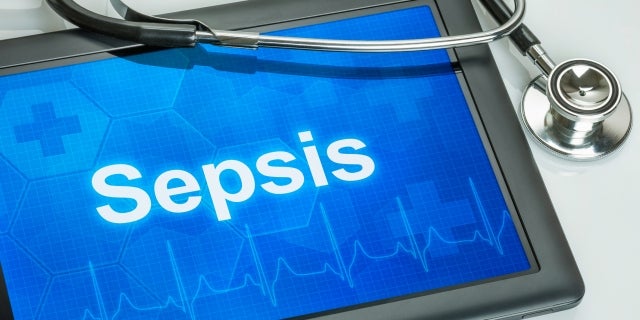
Sepsis is a super infection that overpowers the entire body and can lead to damage of the body’s organs, amputations and death. Kathy Armentor, regional director of quality and safety for Hillcrest, said early recognition and detection is key and, when it comes to sepsis, it’s important to remember the acronym T.I.M.E. Warning signs include:
• Temperature - Higher or lower than normal. This may be accompanied with shivering
• Infection - Any signs/symptoms of an infection, wounds with painful redness or swelling, painful and/or frequent urination, coughing or chest pain
• Mental decline - Confused, sleepy, difficult to rouse
• Extremely ill - Severe pain, discomfort, rapid heart rate and shortness of breath.
If a patient has onset of a combination of the symptoms mentioned above, it’s important for staff and providers to act fast and initiate the sepsis bundle, according to Armentor. The sepsis bundle automatically ensures the appropriate tests and treatment are ordered and carried out quickly; drawing blood cultures to identify the bacterial source for the infection, drawing lactic acid to further tailor patient’s treatment course, ordering and administering antibiotics to eliminate the infection and giving IV fluids to fuel the body to fight infection.
Hillcrest Hospital South’s early sepsis identification and treatment outcomes are higher than both the state and national performance.
“Patients who have been treated at Hillcrest South have a better chance of surviving severe sepsis and septic, as sepsis mortality has been in a positive, downward trend since January 2021,” said Armentor. “The care provided by the staff and providers at Hillcrest South increases the chance of survival.”
